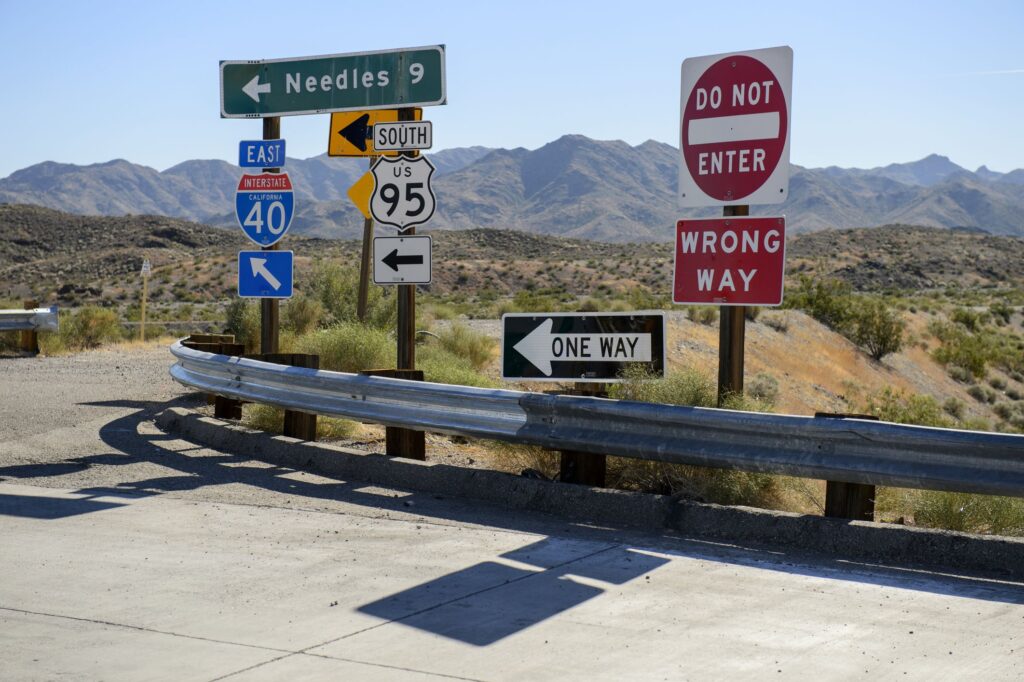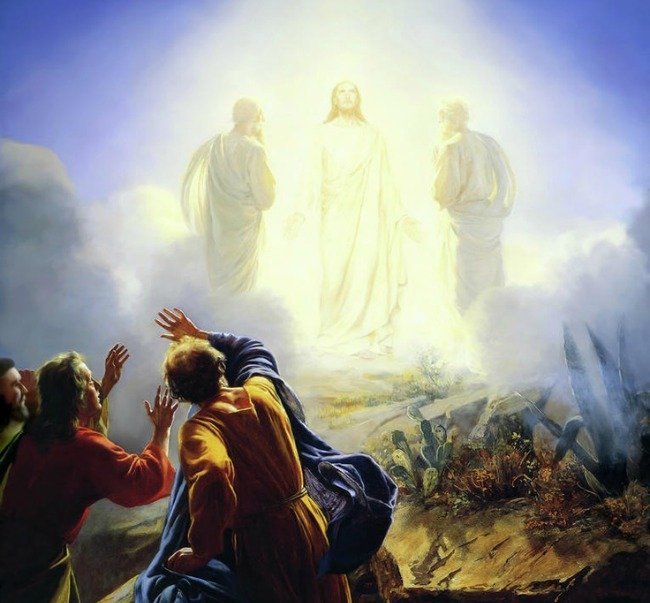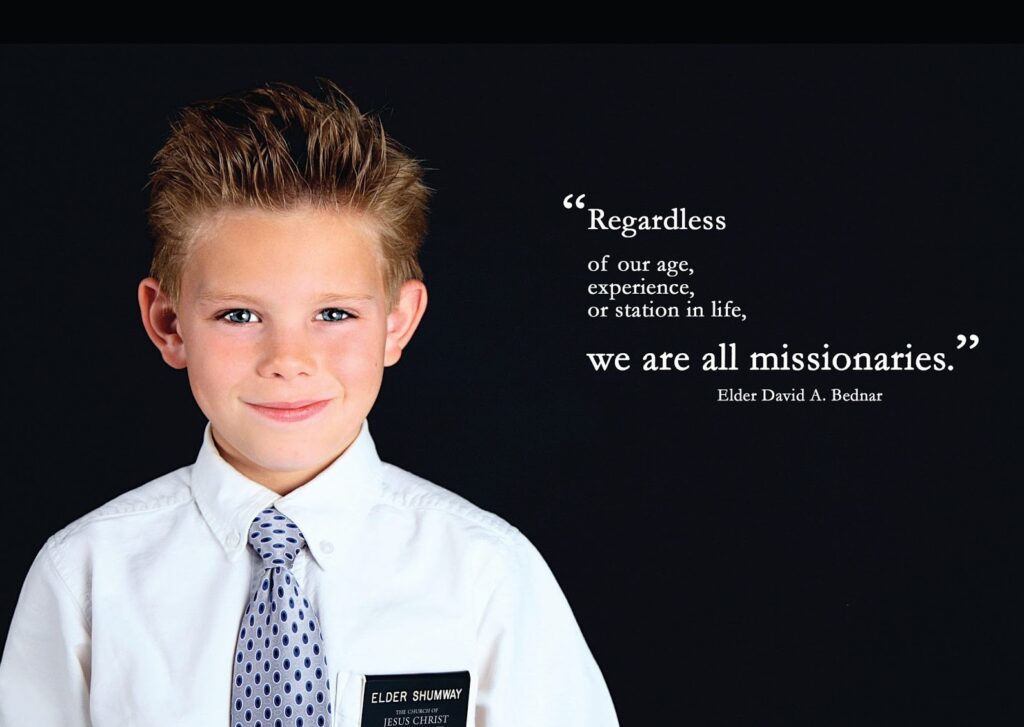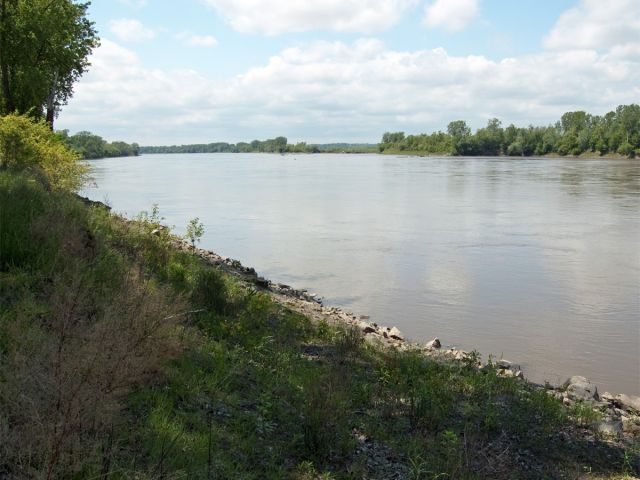To accompany your Come Follow Me study for June 9-15 In addition to reading these sections from the D&C this week, you may also want to read:
- Chapter 22: Doctrine and Covenants 59–62 (churchofjesuschrist.org)
- Ezra Booth and Isaac Morley (churchofjesuschrist.org)
- Joseph Smith’s Revelations, Doctrine and Covenants 60 (churchofjesuschrist.org)
- Joseph Smith’s Revelations, Doctrine and Covenants 61 (churchofjesuschrist.org)
- Joseph Smith’s Revelations, Doctrine and Covenants 62 (churchofjesuschrist.org)
- Saints 1:133-34
- Chapter 23: Doctrine and Covenants 63 (churchofjesuschrist.org)
- Joseph Smith’s Revelations, Doctrine and Covenants 63 (churchofjesuschrist.org)
- “Ezra Booth and Isaac Morley,” Revelations in Context, 130–36) at https://www.churchofjesuschrist.org/study/manual/revelations-in-context/ezra-booth-and-isaac-morley?lang=eng
You may also enjoy the following videos:
If you would like a Kahoot game related to D&C 60-62 that you could play with your family or class, click here: https://create.kahoot.it/share/doctrine-and-covenants-60-62/f32b33ac-fb9c-4baf-a176-287bd9187ced. To use it with a group, after clicking on this link, you will need to log into Kahoot, creating a free account if you have not done so previously, then click on the blue “Host Live” button or the gray “Assign” button, depending on how you wish to use the Kahoot. Some of the Kahoot questions may presuppose that the player has read through the suggested answers to the following Points to Ponder and at least has browsed the Institute student manual as well.
And here is a link to a Kahoot dealing with D&C 63: https://create.kahoot.it/share/doctrine-and-covenants-63/67879ed2-20e0-43f0-a2fb-ff7374c86dd9.
Points to Ponder in Doctrine and Covenants 60-63
1. There is much instruction in these sections which applied specifically to Latter-day Saints returning from or heading toward Missouri in 1831. Some of the details have little application to us today. But there are multiple underlying principles you can discover which are still applicable. List at least ten, along with the passage in which you find each, and give a brief summary of the principle you identified.
- a.
- b.
- c.
- d.
- e.
- f.
- g.
- h.
- i.
- j.
2. Which of the following do you believe is the primary application of 61:4-5 for Latter-day Saints today? Explain.
a. Avoid swimming so you don’t drown.
b. Avoid swimming so you don’t get tempted by the scanty bathing suits.
c. Don’t buy a farm near the Missouri River.
d. Avoid pleasure cruises.
e. Don’t join the Navy.
f. Drink soda pop rather than water.
g. Other (explain:___________________________________________________)

3. D&C 62:3 suggests which of the following?
a. You should stand up every month in fast and testimony meeting so your sins will be constantly forgiven, no matter how many others don’t get to do so because you take so much of the time.
b. Angels need to read written testimony frequently in order to remain angelic.
c. The second group of elders heading to Zion was more missionary minded than the first group.
d. The Lord is extraordinarily merciful, forgiving sins even of those with whom just two sections earlier He was “not well pleased.”

4. Why, in your opinion, does the Lord reserve “signs” for those who already believe rather than for those who don’t believe?
5. Why would miracles and other spiritual manifestations be called “signs”? How are they similar to signs one might see along the roadside?

6. What is the connection between lust and “fear,” as spoken of in 63:16?

7. Why would the Lord threaten the “fearful” with hell? (63:17)

8. What is the difference between “liars” as referred to in 63:17 and those who simply have told blatant falsehoods? Why is there more hope for the one than for the other?

9. What new information do we learn in this week’s reading about the Transfiguration of Jesus that is not recorded in the Bible?

10. Why didn’t the Lord care whether “little or much” money was sent to the land of Zion?

Identify a passage in D&C 63 which teaches or implies each of the following:
11. It’s not hard to see a miracle, if you don’t care what power produced it.

12. Though the Lord will in general bless and protect the saints in the last days, they will have some close calls.

13. Even if you die before the Second Coming, you’ll get to live physically in Zion someday.
14. We should not be careless or flippant in speaking of the Lord or of spiritual things.
15. Latter-day Saints should be law-abiding people.

16. All Church members have a missionary responsibility.

17. Profanity is prohibited.

18. What other passages in D&C 63 did you consider worth underlining?
Possible answers to Points to Ponder in Doctrine and Covenants 60-63
1. There is much instruction in these sections which applied specifically to Latter-day Saints returning from or heading toward Missouri in 1831. Some of the details have little application to us today. But there are multiple underlying principles you can discover which are still applicable, along with several explicitly stated doctrinal gems. List at least ten, along with the passage in which you find each, and give a brief summary of the principle you identified.
Here’s my own list:
- 60:2: We should open our mouths and not hide either our talent or our testimony
- 60:2: We should fear (or love) God more than man.
- 60:7, 14: We should avoid anger, contention, and doubt as we proclaim the gospel.
- 60:13: We should not waste time in idleness
- 61:2, 20: The Lord is merciful to those who confess their sins and are humble
- 61:9-10: The Lord can and will preserve and prosper the faithful.
- 61:22, 28; 62:8: The Lord expects us to use our best judgment as well as divine inspiration.
- 61:36, 62:5: The Lord wants us to be cheerful and happy and will be in our midst to bless us. Our message to the world is “glad tidings.”
- 61:38: We should be watchful and sober in view of the greatness of our responsibility.
- 61:39: Prayer is a key to avoiding or succumbing to temptation.
- 62:3: Faithfulness in sharing the gospel can lead to a forgiveness of our sins.
- 62:7: Blessings come from having a “thankful heart in all things.”
- 62:9: The Lord will be “with the faithful always.”
2. Which of the following do you believe is the primary application of 61:4-5 for Latter-day Saints today? Explain.
a. Avoid swimming so you don’t drown.
b. Avoid swimming so you don’t get tempted by the scanty bathing suits.
c. Don’t buy a farm near the Missouri River.
d. Avoid pleasure cruises.
e. Don’t join the Navy.
f. Drink soda pop rather than water.
g. Other (explain): This revelation immediately followed a near accident while Joseph Smith and company were canoeing down the Missouri River, which could have proven disastrous. No recent prophet has suggested that Latter-day Saints because of D&C 61 need to avoid any of the listed aquatic activities at the present time, though the section does seem to speak of a future time when “no flesh shall be safe upon the waters.” Presumably, Latter-day Saints will be warned again when such time arrives.
3. D&C 62:3 suggests which of the following?
a. You should stand up every month in fast and testimony meeting so your sins will be constantly forgiven, no matter how many others don’t get to do so because you take so much of the time.
[No! I have heard this passage cited as justification to do just this, but that is stretching the passage beyond what it was intended to say. It is certainly not a justification for taking more than your share of turns in fast and testimony meeting.]
b. Angels need to read written testimony frequently in order to remain angelic.
[No. This makes no sense.]
c. The second group of elders heading to Zion was more missionary minded than the first group.
[Yes! 60:2 was directed to the first group of elders to travel to Missouri, too many of whom had been reluctant to open their mouths and preach to people along the way. 62:3 was directed to a second group whom the Prophet and his associates met as they were returning from Missouri and who had evidently done a better job of sharing their testimonies en route. Their sacrifice was such that the Lord could forgive them of past sins. It does not imply that anyone who stands up on fast Sunday merits the same absolution.]
d. The Lord is extraordinarily merciful, forgiving sins even of those with whom just two sections earlier He was “not well pleased.”
The Lord is indeed merciful, but that’s not what this verse is about. Those with whom He was displeased two sections earlier were a different group.
4. Why, in your opinion, does the Lord reserve “signs” for those who already believe rather than for those who don’t believe?
Perhaps because those who are unwilling to live the gospel would be condemned by sinning against the greater evidence. Perhaps because those not yet experienced in feeling the “still, small voice” would come to value the more visually spectacular miracles too greatly and be distracted from ever finding the more valuable but less spectacular spiritual gifts.
5. Why would miracles and other spiritual manifestations be called “signs”? How are they similar to signs one might see along the roadside?
Perhaps they can reassure those who really want to follow the Lord that they are on the right path and that their efforts are acceptable to the Lord so that they will have the motivation to continue, much like one traveling to a previously unvisited destination is encouraged and comforted to see signs indicating the increasing proximity of the destination.
6. What is the connection between lust and “fear,” as spoken of in 63:16?
Lust banishes the Spirit, which is the “Comforter.” Without the Spirit, one is subject to all kinds of fears, including the fear of one’s sins being found out, the fear of death, the fear of the future, etc.
7. Why would the Lord threaten the “fearful” with hell? (63:17)
Because the “fearful” are those who have lived such that the Spirit can’t be with them, and who are therefore unworthy of the Lord’s presence until they learn through “hell” to turn to him.
8. What is the difference between “liars” as referred to in 63:17 and those who have simply told blatant falsehoods? Why is there more hope for the one than for the other?
“Liars,” as referred to in 63:17, are those who are still liars–who have not repented or changed. Those who have told blatant falsehoods clearly were once “liars,” but if they have repented and changed they are no longer to be so considered and need not fear the punishment spoken of in this verse.
9. What new information do we learn in this week’s reading about the Transfiguration of Jesus that is not recorded in the Bible?
63:20-21–The apostles were shown at that time a pattern of how the earth itself will eventually be “transfigured” at the time of the Savior’s coming.
10. Why didn’t the Lord care whether “little or much” money was sent to the land of Zion?
He was interested in the amount of sacrifice, not the amount of money–the faith of his people, not their “works.”
Identify a passage in D&C 63 which teaches or implies each of the following:
11. It’s not hard to see a miracle, if you don’t care what power produced it.
63:7
12. Though the Lord will in general bless and protect the saints in the last days, they will have some close calls.
63:34
13. Even if you die before the Second Coming, you’ll get to live physically in Zion someday.
63:49
14. We should not be careless or flippant in speaking of the Lord or of spiritual things.
63:61, 64
15. Latter-day Saints should be law-abiding people.
63:26
16. All Church members have a missionary responsibility.
63:37
17. Profanity is proscribed.
63:61-62
18. What other passages in D&C 63 did you consider worth underlining?
Your choice. My list would include:
- 63:23: Those who keep the commandments will receive the mysteries of the kingdom.
- 63:64: We must be careful about talking of sacred experiences and share them only as prompted.
